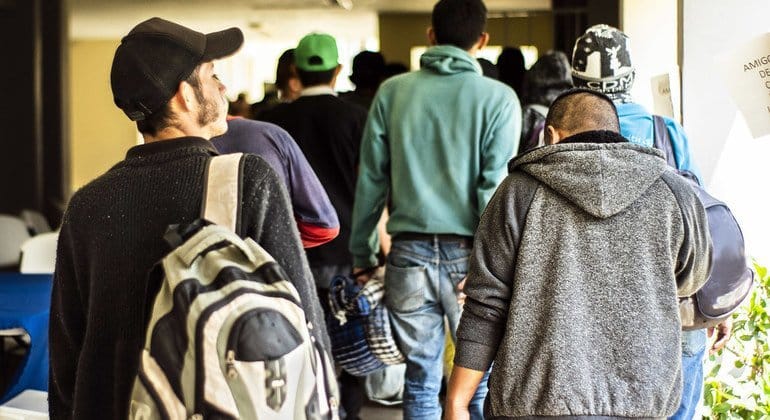The United Nations Committee on the Protection of Migrant Workers presented its fourth periodic report on the migrant situation in Mexico this Thursday, recognizing the country’s legislative and institutional efforts in protecting migrant rights. The report highlighted the harmonization of the Migration Law with the General Law on the Rights of Girls, Boys, and Adolescents, which has allowed for the end of the detention of minors and migrant families since the 2020 legal reform.
However, despite these advances, the Committee also raised significant concerns. It warned about the lack of clarity and transparency in agreements between Mexico and the United States, both formal and informal, which could lead to the externalization of US border control and the outsourcing of its international obligations regarding asylum and human rights.
The report points out the serious vulnerability faced by third-country nationals who are returned to Mexico and exposed to various types of violence and human rights violations. Concerns were also raised about the tolerated air deportations from Mexico to Chiapas, leaving repatriated individuals at risk without the necessary information and institutional support.
The Committee emphasized that the new migration measures announced by the United States for early 2025 could worsen the humanitarian crisis and respect for human rights in northern Mexico. In response, it recommended that the Mexican government clarify migration agreements and ensure that any cooperation complies with international human rights obligations, including the principle of non-refoulement and access to protection procedures.
Additionally, Mexico was urged to strengthen the protection of its migrant workers’ rights abroad and intensify diplomatic efforts to ensure that receiving countries respect their labor and human rights. The report also expressed concern about the increasing militarization of migration management and the participation of private security companies, as well as the use of migration verification operations by actors without proper legal authority. The Committee urged the government to cease the involvement of the armed forces in these functions and to end the outsourcing of migration policies to private actors.
Among other recommendations, a review of the Migration Law to align it with the International Convention on the Protection of the Rights of All Migrant Workers and Their Families is suggested, as well as strengthening the Mexican Commission for Refugee Assistance and ensuring access to basic services for migrants, regardless of their migration status.
Mexican Ambassador Francisca Méndez Escobar participated in the report presentation in Geneva, reaffirming Mexico’s commitment to protecting migrant rights and willingness to collaborate with the international community in improving conditions for human mobility.
Referrer: MiMub in Spanish










